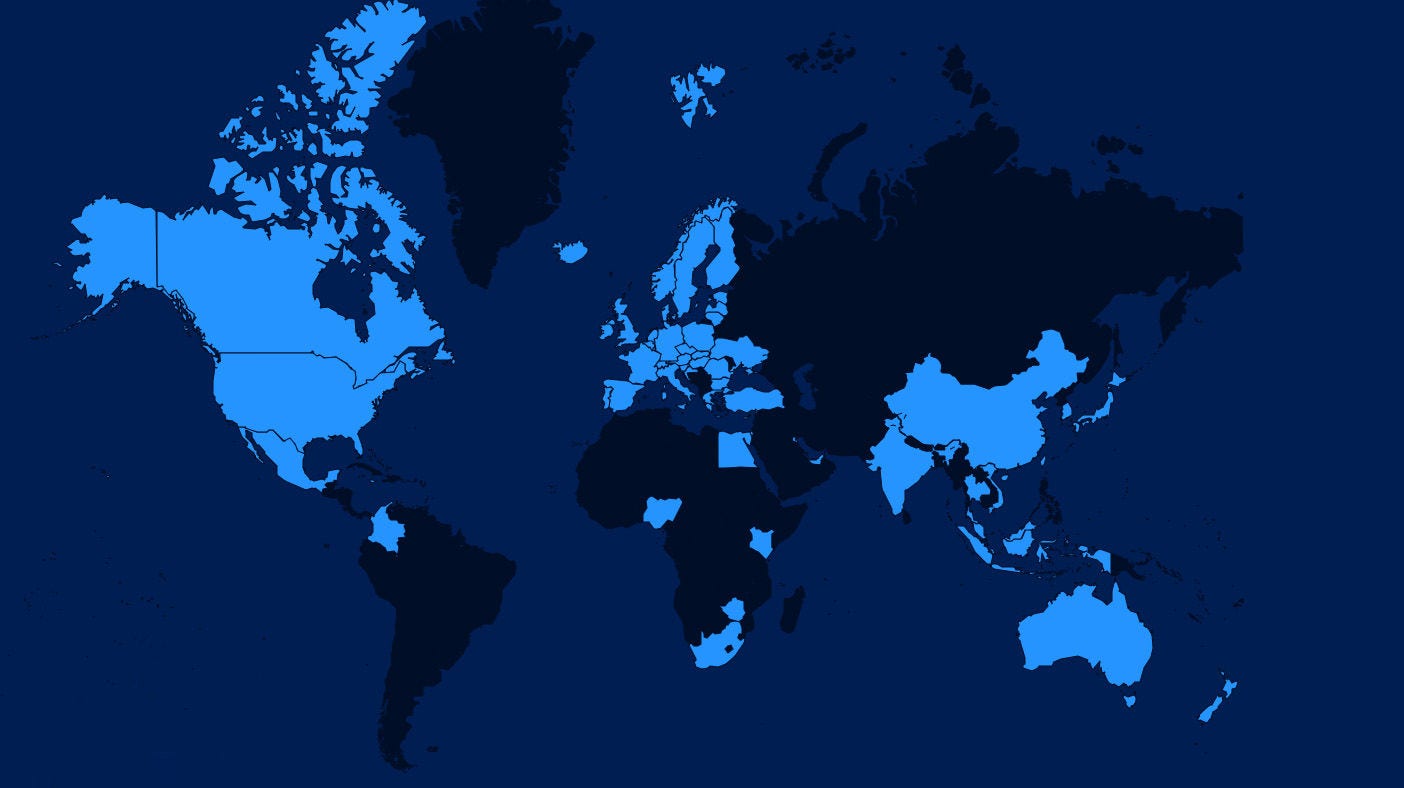The introduction of Pillar 2 will have a significant impact on the Swiss tax system.
Traditionally characterized by attractive corporate tax rates, Switzerland now faces the challenge of implementing the new global minimum tax standard. This development marks an important step towards alignment with international tax law, which aims to promote fair and transparent tax practices worldwide.
The Swiss authorities are actively working to assess the impact of the Pillar 2 rules and to ensure that Switzerland remains competitive while meeting international requirements. The Swiss tax system needs to be harmonized with the changes in international tax law to meet the new requirements. Some cantons are also introducing new incentive systems.
Companies need to be prepared for a possible adjustment of profit tax rates and incentive possibilities, which will affect both local and international companies.








